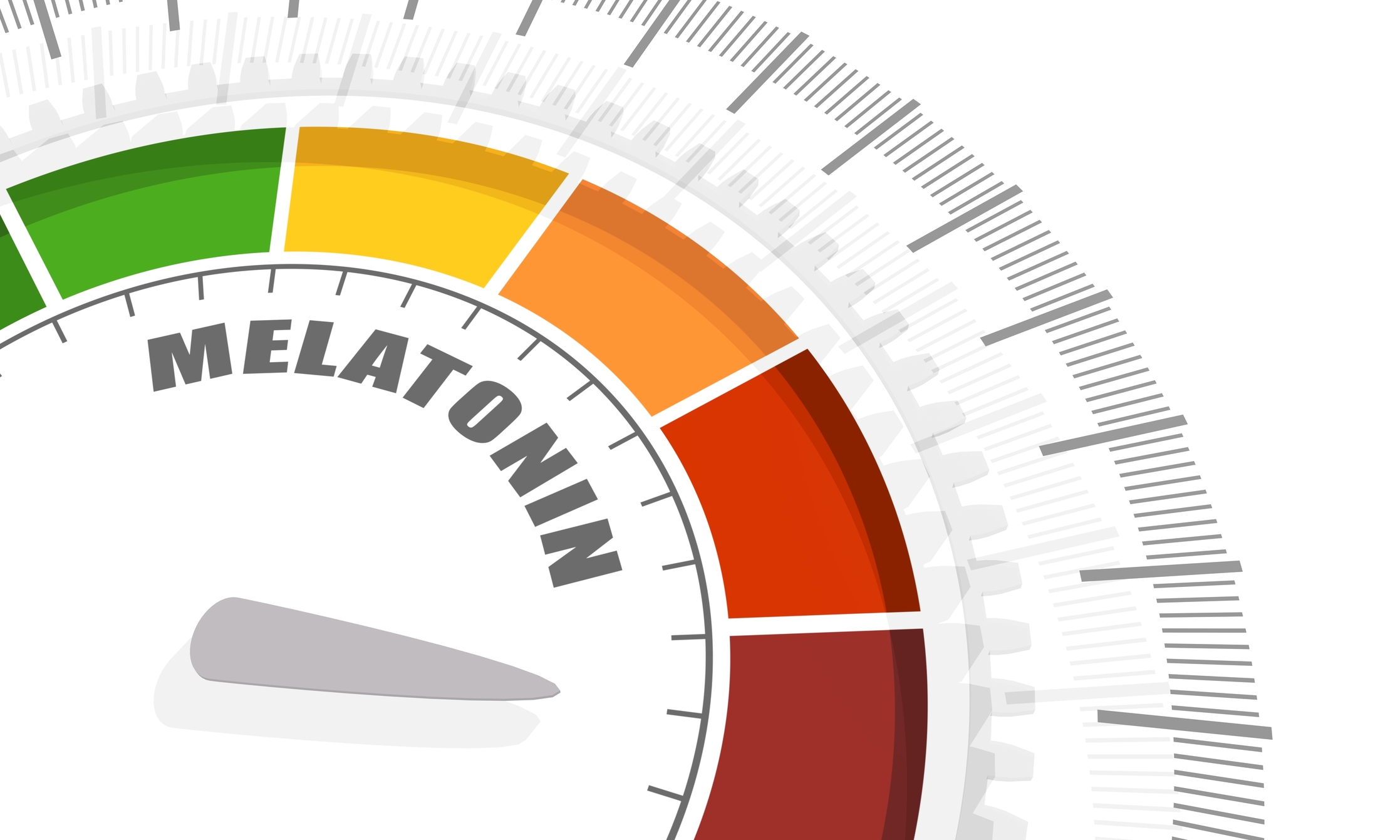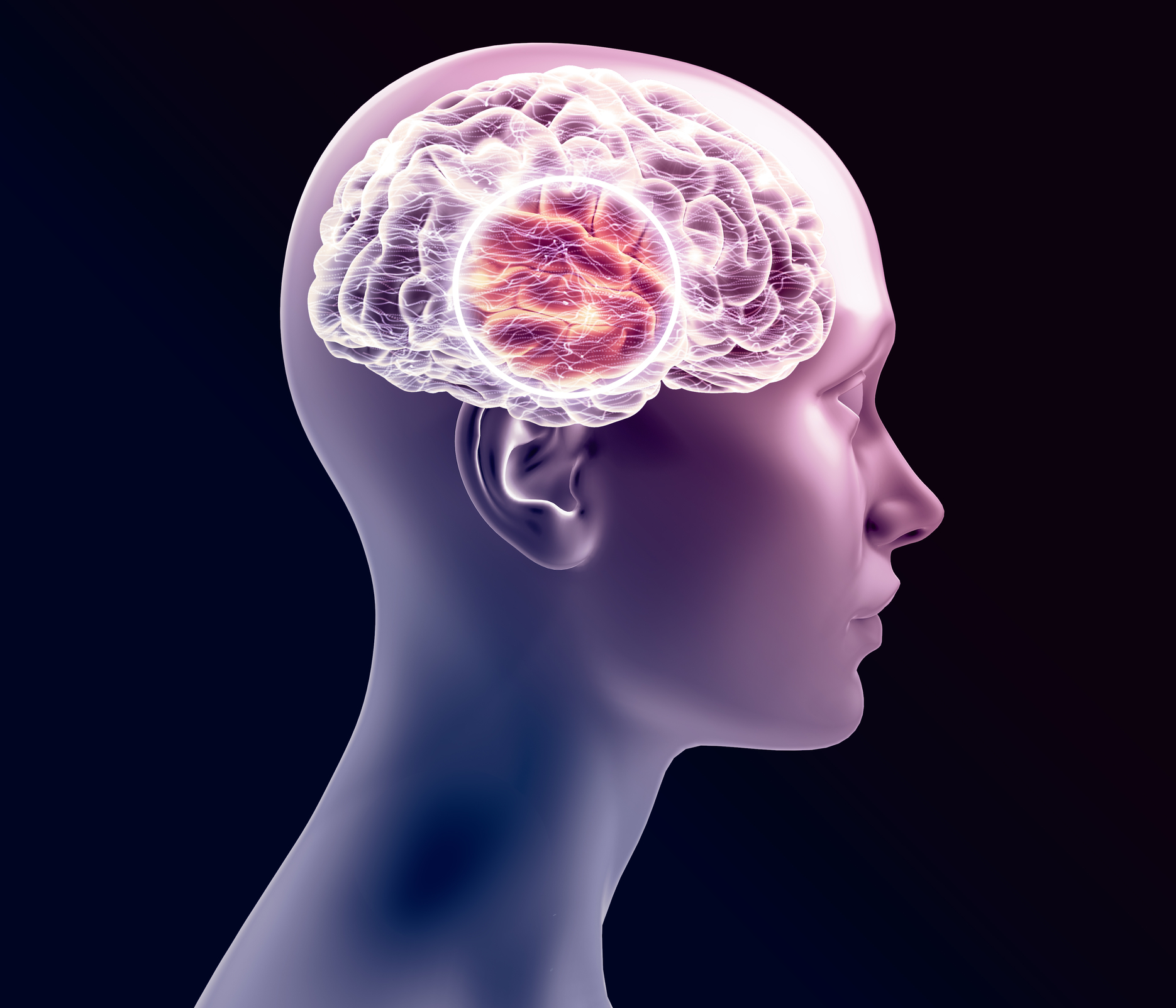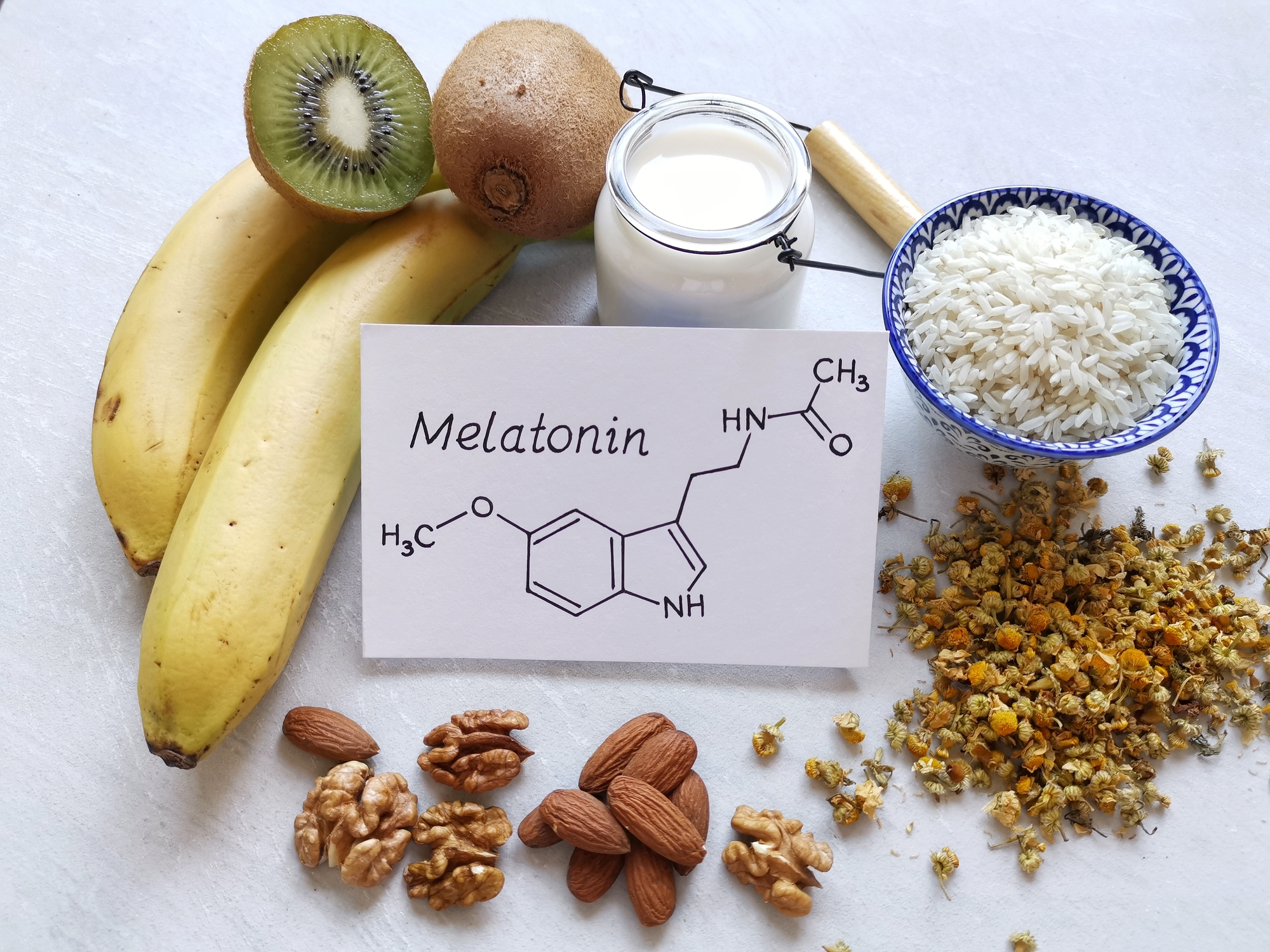Top Five Fascinating Facts about Melatonin You've Been Craving to Know
Melatonin, also known as the "sleep hormone," has long been the subject of much curiosity. Derived from serotonin, this remarkable hormone plays significant roles in regulatory processes such as sleep patterns and the body's circadian rhythm. It's primarily generated by the pineal gland—an endocrine organ nestled within the brain. The production of melatonin notably intensifies in the dark and abates when exposed to light.
Interestingly, this nocturnal surge aligns with the human body's inherent biological clock, syncing with the usual sleep hours after sunset. This phenomenon essentially designates melatonin as a key facilitator of good sleep. Besides instigating sleep, the hormone also helps to maintain the sleep cycle through the night by regulating the body's internal clock.
While the pineal gland is the primary source, melatonin is also produced in small amounts by other body parts, including the retina, bone marrow, and gut. Its multifaceted influence expands beyond sleep regulation, helping balance mood, managing stress responses, boosting immunity, and even contributing to cellular health.
The Link Between Melatonin and Circadian Rhythm

As mentioned earlier, melatonin's vital role in regulating the body's circadian rhythm provides a fascinating glimpse into the interconnected nature of our bodily functions. The circadian rhythm is the body's internal clock operating over a 24-hour cycle, dictating when we sleep, wake, eat, and other physiological processes.
Melatonin's generation is closely tied to this 24-hour cycle. As the day transitions into night, melatonin levels in the body soar, signaling to the body that it's time to sleep. This rise in levels tapers off towards the morning, helping us gradually transition out of sleep.
Studies have illustrated that disruptions to the circadian rhythm—such as those instigated by jet lag or shift work—can lead to a misalignment of melatonin production. This disruption often results in sleep disorders and associated issues, underscoring the hormone's significant influence over our day-to-day well-being.
Melatonin's Relationship with Age

Age is another crucial factor that influences melatonin levels. Research indicates that the hormone's production declines as we age. While toddlers and children have the highest concentrations of melatonin, the levels naturally decrease in adults and continue to diminish with age.
This gradual drop in melatonin could account for the common sleep disturbances experienced by the elderly, contributing to conditions such as insomnia and fragmented sleep. Some research even suggests a potential link between reduced melatonin levels and the onset of age-related diseases, like Alzheimer's.
The Role of Melatonin in Mood and Cognitive Functions

Melatonin's functions extend beyond sleep regulation and circadian rhythms. Promising studies reveal its potential role in mood regulation and cognitive functions. Certain types of depression, like seasonal affective disorder, are associated with disrupted melatonin rhythms.
Moreover, the hormone presents neuroprotective properties, contributing to cognitive health. In disorders like Alzheimer's or Parkinson's, where neurodegeneration occurs, melatonin may help delay the progression and mitigate cognitive decline.
Dietary Influence on Melatonin Production

Curiously, diet can also influence melatonin production. Certain foods, rich in the amino acid tryptophan—an essential precursor to melatonin—may upsurge its levels in the body. These foods include turkey, nuts, seeds, tofu, cheese, and fish. Even some fruits and grains, like bananas and oats, are known to contain small amounts of melatonin.
Furthermore, timing your meals appropriately can contribute to better synchronization of the body's circadian rhythms, effectively enhancing melatonin production at the right times. Contrarily, erratic eating habits might disrupt these rhythms and, subsequently, hamper melatonin synthesis.
Melatonin Supplementation: Potential Benefits and Drawbacks

Melatonin is frequently used as a dietary supplement, particularly as a sleep aid. Individuals with insomnia often take melatonin supplements to regulate their disrupted sleep patterns. However, as with any dietary supplement, melatonin's use should be informed by suitable medical advice.
While melatonin supplementation is generally considered safe for short-term usage, potential side effects may range from mild mood changes to daytime drowsiness, stomach issues, and possible interactions with certain medications. Thus, any decision about supplementation needs thorough consultation with health professionals.